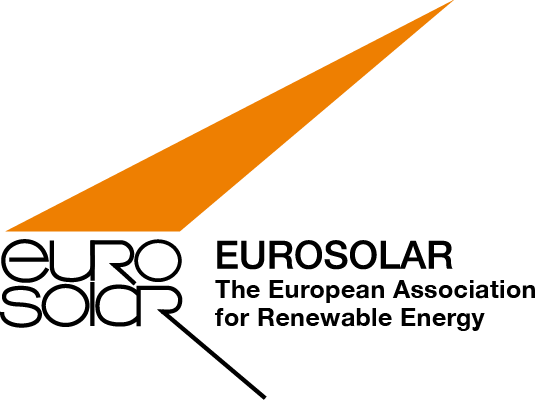The International Renewable Energy Storage Conference (IRES) is organized and directed by a Scientific Committee. Being active researchers, professors and experts of storage technologies for renewable energy storage, the Scientific Committee guarantees the scientific quality of the conference program and its set-up.
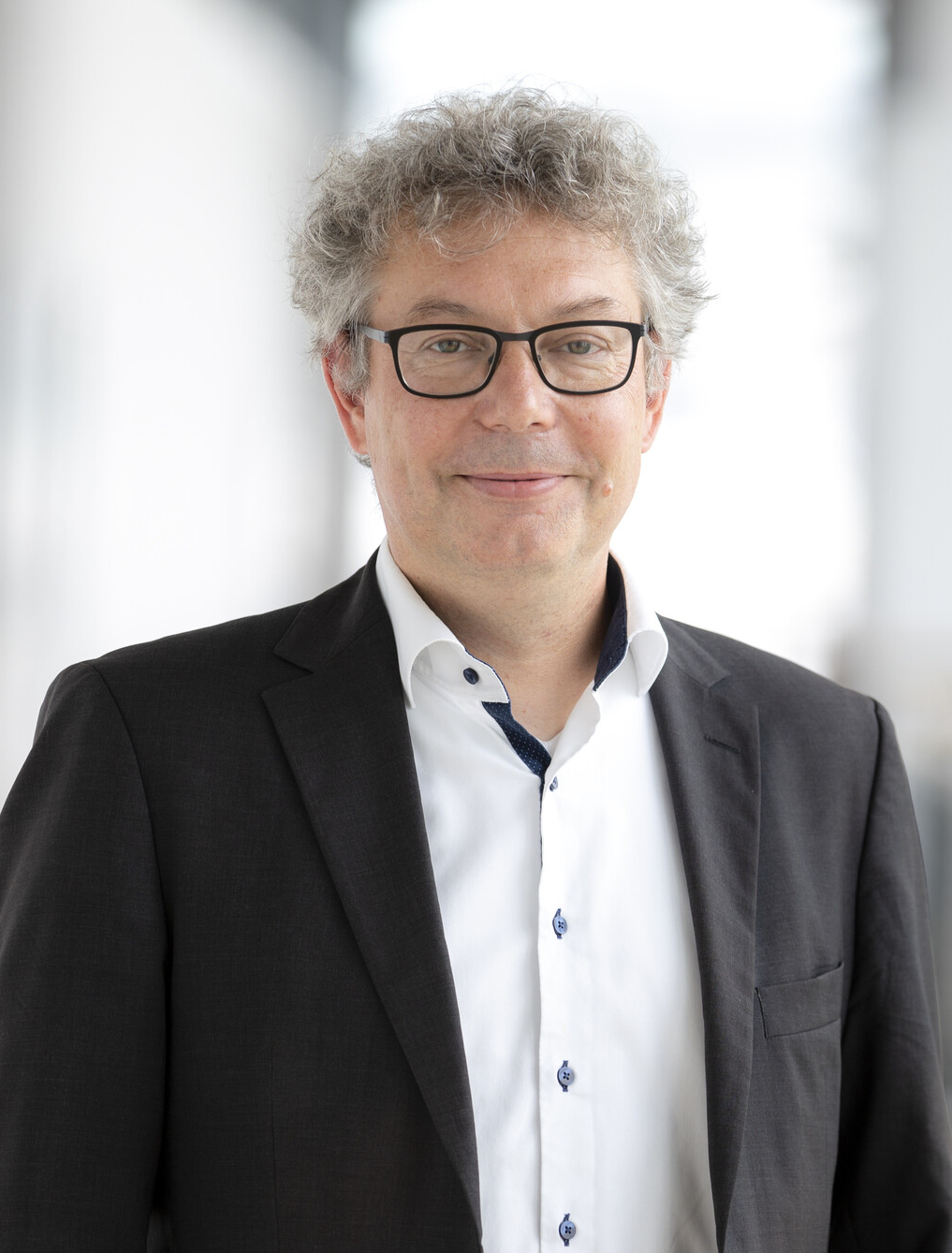
Dr. Peter Schossig
Fraunhofer Institute for Solar Energy Systems ISE
Dr. Peter Schossig is head of department “Thermally Active Materials and Solar Cooling” at the Fraunhofer-Institut für Solare Energiesysteme ISE, Freiburg, Germany since 2011. The focus of his scientific work lays on phase change materials (PCM) and their use for hot and cold storage, energy efficiency and solar cooling.
After his Physics studies (diploma in 1998) at the University of Freiburg, Germany he started his PhD thesis at the University of Karlsruhe (TH), Karlsruhe, Germany with the title “Micro-encapsulated phase change materials in wall composite systems” (doctoral examination in 2005). Between 2007 and 2011 Peter Schossig was operating agent of the International Energy Agency (IEA) Heat pump program HPP Annex 34 “Thermally driven heat pumps for heating and cooling”. In 2009, Dr.-Ing. Peter Schossig was nominated and certificated for the “German Future Prize” 2009 with the project “Small spheres against climate change-energy efficiency and comfort thanks to intelligent building materials” which was a teamwork of the Fraunhofer-Institut für Solare Energiesysteme ISE, Freiburg, Germany and BASF SE, Ludwigshafen, Germany.
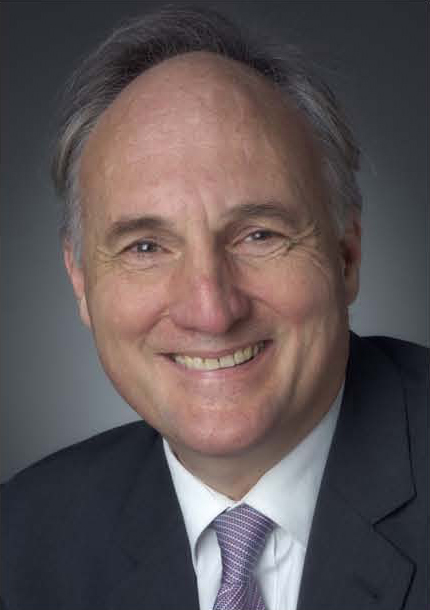
Prof. Peter Droege (Chair of Organizing Committee)
President of EUROSOLAR e.V., Vaduz, Liechtenstein
Peter Droege is an international urban sustainability expert and experienced mind on advanced urban policy, management, transport policy and strategy, urban design, city and regional planning and renewable infrastructure development – and the director of the Liechtenstein Institute for Strategic Development (eurisd.org). He holds a Conjoint Professorship at the University of Newcastle’s School of Architecture and Built Environment and has developed a Chair for Sustainable Spatial Development at the University of Liechtenstein. Peter Droege’s academic career stretches from the School of Architecture and Planning at the Massachusetts Institute of Technology (MIT) and his position at the University of Tokyo as Urban Development Engineering Endowed Chair to his position as Lend Lease Chair and Professor of Urban Design at the University of Sydney, to the University of Liechtenstein.
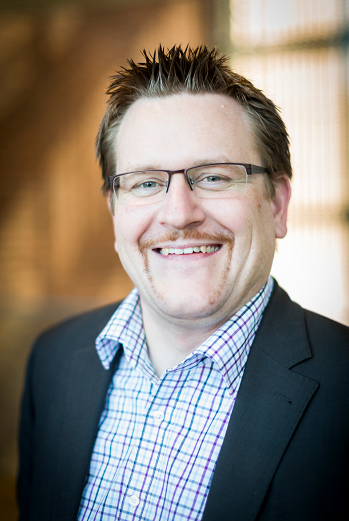
Prof. Dr. Christian Breyer
Lappeenranta University of Technology (LUT)
Christian Breyer has started the Solar Economy professorship at Lappeenranta University of Technology (LUT), Finland, in March 2014. His major expertise is the integrated research of technological and economic characteristics of renewable energy systems specialising in energy system modeling, 100% renewable energy scenarios and hybrid energy solutions, on a local but also global scale. Mr Breyer has been managing director of the Reiner Lemoine Institute, Berlin, focused on renewable energy research and worked previously several years for Q-Cells (now: Hanwha Q.Cells) a world market leader in the photovoltaic (PV) industry in the R&D and market development department. Mr Breyer received his PhD in the field of the economics of hybrid PV power plants from University of Kassel. He is member of international working groups like European Technology and Innovation Platform Photovoltaics (ETIP PV), IEA-PVPS Task 1 and 8, member of the scientific committee of the EU Photovoltaic Solar Energy Conference (PVSEC), chairman for renewable energy at the Energy Watch Group, expert for the 100% renewables initiative and founding member of DESERTEC Foundation. Mr Breyer is member of the executive team of the Neo-Carbon Energy project in Finland focused on power-to-gas solutions. He authored and co-authored about 120 scientific publications.
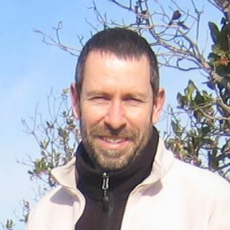
Dr. Dieter Boer
Universitat Rovira i Virgili
Dr. Dieter Boer is assistant profesor at the URV since 2000. He is chemical engineer from the Universität Karlsruhe (Germany) and his PhD in process engineering was awarded by the ENSIGC (Ecole National Supérieure d’Ingénieurs de Génie Chimique) (Toulouse, France). His actual research is centered in mathematical programming applied to energy conversion systems and building including life cycle assessment and multi-objective optimization. According to the web of science he is the second researcher in number of publications with articles on thermal energy storage and life cycle assessment. His most relevant international collaborations are actually the Universidade Federal and the Universidade Fluminense do Rio de Janeiro and the University of Ulster from Belfast. He participated in more than 45 national and international research projects and was principal researcher of 3 national projects (ENE and DPI).
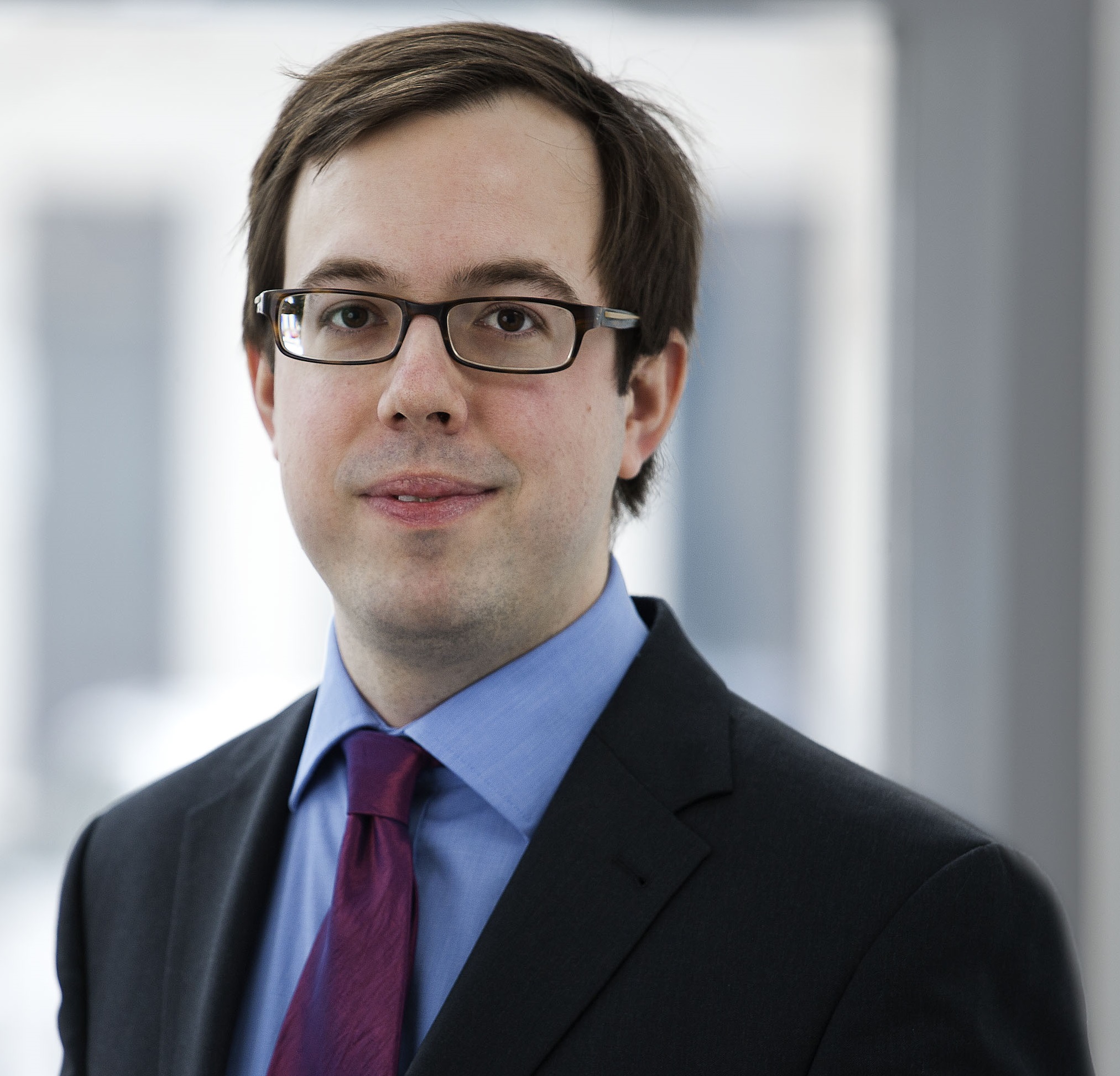
Dr. Thomas William Brown
Karlsruhe Institute of Technology, Karlsruhe, Germany
Tom Brown leads the “Energy System Modelling” group at the KIT IAI. The group researches the most cost-effective pathways to reduce greenhouse gas emissions in the energy system. We do this by building computer models of the energy system for simulation and optimisation. Since the models quickly become very complicated, we develop new algorithms and methodologies to reduce the complexity, and thereby achieve robust solutions for the future energy system. minense do Rio de Janeiro and the University of Ulster from Belfast. He participated in more than 45 national and international research projects and was principal researcher of 3 national projects (ENE and DPI).
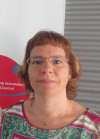
Prof. Dr. Luisa Cabeza
University of Lleida, Lleida, Spain
Luisa F. Cabeza is professor at the University of Lleida, where she leads one of the biggest research group on thermal energy storage in the world, GREA (www.grea.udl.cat), since 1999. She has a degree in Chemical Engineering (1992) and in Industrial Engineering (1993), a Master’s Degree in Industrial Management (1995) and a PhD in Industrial Engineering (1996). She spent two years as a researcher at the U.S. Department of Agriculture Eastern Regional Research Center (USDA-ERRC) in Philadelphia. In 1999 she joined the University of Lleida (UdL) where she set up GREA (Agro-Environmental Engineering Research Group), one of the biggest research group on thermal energy storage in the world. She has published more than a hundred articles in scientific reviews, as well as several chapters for books. She is an active participant in such international forums as IEA (International Energy Agency), IPCC (Intergovernmental Panel on Climate Change), RHC (Renewable Heating & Cooling) and the European Technology Platform.
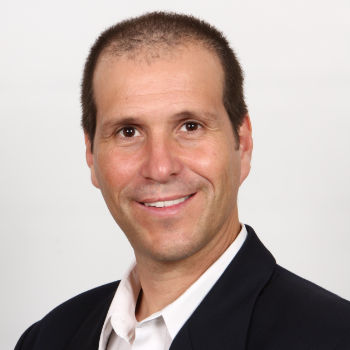
Dr. José Etcheverry
York University, Toronto, Canada
Jose Etcheverry is a professor in the Faculty of Environmental Studies of York University. Dr. Etcheverry’s research is centred on climate change mitigation and renewable energy policies with a focus on practical policy solutions, collaborative approaches and effective communication strategies. Dr. Etcheverry is Co-Chair of the Sustainable Energy Initiative (SEI www.yorku.ca/sei) of York University. The SEI is a research and training organization that involves the Faculty of Environmental Studies, the Toronto Region and Conservation Authority and international organizations such as Aalborg University, the Universidad de Taracapá, and the Nordic Folkecenter for Renewable Energy.The SEI was established to develop innovativepedagogical, research, and knowledge mobilizationopportunitiesto advance integrated and comprehensive renewable energy solutions in Canada and around the world. Dr. Etcheverry is a founding member of the International Renewable Energy Agency’s Learning Partnership (www.irelp.org) and the RETScreen International Training Institute. He is the current President of the Canadian Renewable Energy Association, a member of the Committee of Chairpersons of the World Council for Renewable Energy (www.wcre.de), a member of the experts roster of the Go 100% Renewable Energy and member of the Innovation Network of the Japan Renewable Energy Foundation.
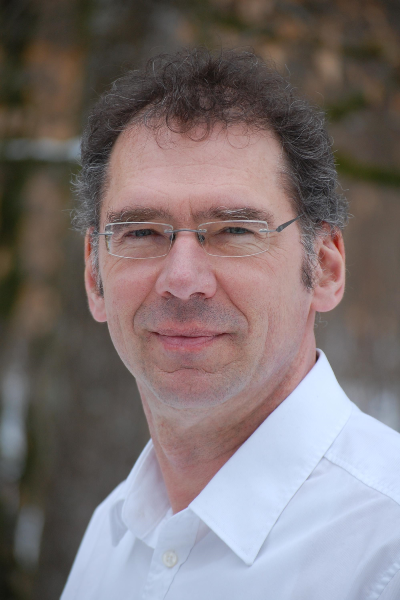
Dr. Andreas Hauer
ZAE Bayern, Garching, Germany
Dr. Andreas Hauer studied Physics at the Ludwig-Maximilians-University in Munich, Germany. He made his PhD at the technical University in Berlin. Now is Head of the Department “Technology for Energy Systems and Renewable Energy” at the Bavarian Center for Applied Energy Research, ZAE Bayern. There he is responsible for a number of national and international research projects focussed on thermal energy storage, thermal driven heat pumps / chillers for industrial and building applications. Dr. Hauer is an international known expert on thermal energy storage. For 7 years he was the secretary of the Executive Committee of the Energy Storage Programme within the International Energy Agency IEA. At the moment he is leading a working group on material development for thermal energy storage within the technology network of the IEA. On the national level he is member of the board of directors of the 2012 established Bundesverband Energiespeicher (BVES), German Energy Storage Association.
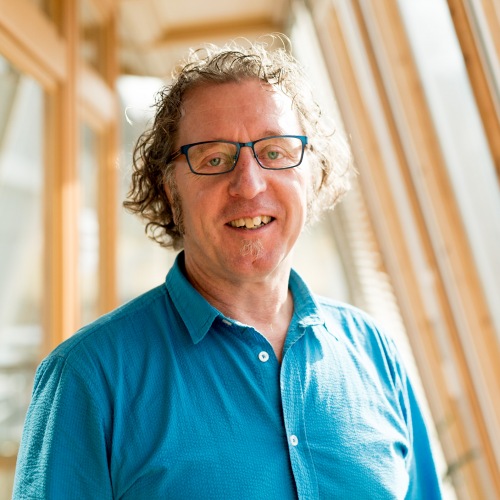
Dr. Wim van Helden
AEE INTEC, Gleisdorf, Austria (LUT)
Wim van Helden is responsible for the Compact Thermal Energy Storage research and development activities of AEE INTEC, an independent organisation in Gleisdorf, Austria. He is leading several international and national projects in the field of thermochemical storage (sorption and salt hydrates) for the application areas seasonal solar thermal storage, storage for mobility and storage for industry. He is furthermore active in the European Renewable Heating and Cooling Technology Platform (RHC-ETP), the European Solar Thermal Technology Panel and the International Energy Agency’s Task/Annex 42/29 on Compact Thermal Energy Storage Materials Development for System Application. Previously, he was acting as independent consultant in Thermal Energy Storage and Solar Thermal Energy Technologies and before that as program manager for the Energy Research Centre of the Netherlands, ECN, in the field of Thermal Systems in the Built Environment.

Dr. Verena Fluri
Fraunhofer ISE, Freiburg, Germany
Verena Fluri studied Energy and Environmental Management at the Europa-Universität Flensburg, Germany. Since March 2011, she works at the Fraunhofer Institute for Solar Energy Systems. In the group “Energy System Analysis” her focus is on techno-economic analysis of storage systems, photovoltaic systems and other renewable energy technologies. In her dissertation she analyzed the economic viability of decentralized renewable energy storage systems. She is involved in international and German-based projects on the development of new business models for decentralized storage systems. She is a member of the scientific steering committee of the International Renewable Energy Storage Conference (IRES).
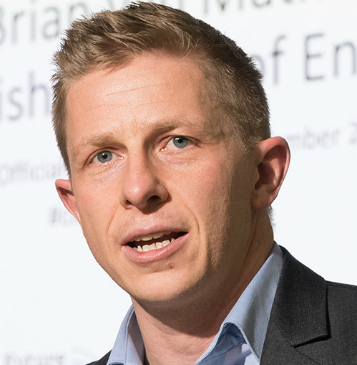
Prof. Dr. Brian Vad Mathiesen
Aalborg University, Aalborg, Denmark
Brian Vad Mathiesen, Professor in Energy Planning at Aalborg University, is one of Europe’s leading researchers in renewable energy systems and is listed in the Thomson Reuters 2015 highly cited researchers worldwide. His research focuses on the technological, economic and societal shift to renewable energy. Specifically, he has focused his research on Smart Energy Systems with large-scale integration of fluctuating renewable resources (e.g. wind power) (www.smartenergysystem.eu). Brian Vad Mathiesen is Deputy Head of the 4DH Research Centre (www.4dh.dk), Programme Director for the MSc in Sustainable Cities, and has been project manager, work package leader and participant in a series of research projects, including the recent Heat Roadmap Europe project (www.heatroadmap.eu).
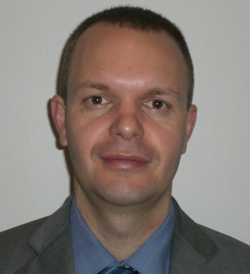
Dr. Marco Merlo
Politecnico di Milano, Milan, Italy
Dr. Marco Merlo works as assistant professor in the Department of Energy, Electric Power Systems, in Politecnico di Milano – Italy. His research is testified by more than 100 papers and publications (including volume chapters for international editors, publications on national and international journals, on national and international conferences), dealing with security, regulation and control issues of power systems. The research activity of Marco Merlo has evolved along three main conceptual axes: (1) Planning and operation of electric transmission systems: voltage security, network congestions, quality and reliability of supply. (2) Dispersed Generators (DG), energy efficiency, Smart Grid: impact of DG on the existing distribution infrastructures (hosting capacity). The research effort on the electric distribution networks led to the participation in a dedicated laboratory of the Politecnico di Milano: SmartDGlab. (3) Final users management: identify viable solutions to effectively integrate the (low voltage) final user into the electric market, i.e. to implement Demand Side Management procedure for the domestic users.
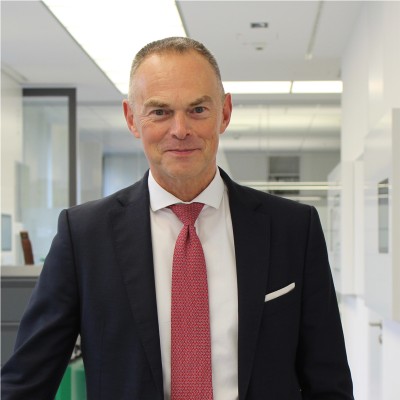
Dr. Bernhard Riegel
Hoppecke Batterien GmbH, Brilon, Germany
After Dr. Bernhard Riegel was awarded his doctor degree in 1994 by the University of Stuttgart he worked as a scientific assistant at Max Planck Institute for Solid State Research. Thereafter, he started a two year postgraduate time at the University of Texas. In 1998 he started to work with electrochemical energy storage at the Center for Solar Energy and Hydrogen Research (ZSW) in Ulm, with main focus on lead-acid and nickel metal hydride technology. Since 2001 he has worked in the research and development department of Hoppecke Batterien GmbH. In 2003, he took over the management of R&D. With the establishment of the Hoppecke Advanced Battery Technology GmbH, Dr. Riegel took over the R&D activities for the Hoppecke group, this involves the electrochemical storage technologies, lead-acid, alkaline batteries, lithium ions as well as the electronic and energy storage system development in Brilon, Zwickau and Shanghai.
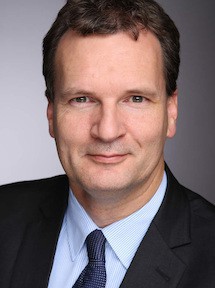
Prof. Dr. Dirk Uwe Sauer
RWTH Aachen University, Germany
Dr. Dirk-Uwe Sauer is Professor of “Electrochemical Energy Conversion and Storage Systems” in the Faculty for Electrical Engineering and Information Technology at RWTH Aachen University. Prior to his professorship, he was head of the storage systems group and of off-grip and rural electrification at the Fraunhofer Institute for Solar Energy Systems ISE in Freiburg, Germany. He holds a Ph.D. from the University of Ulm on the topic of Optimization of the usage of lead-acid batteries in photovoltaic hybrid systems, with special emphasis on battery ageing. His main research topics are electrochemical energy storage (batteries) and autonomous power supply systems. Since the first IRES Conference he chaired the Steering Committee for thirteen years.
hin the International Energy Agency IEA. At the moment he is leading a working group on material development for thermal energy storage within the technology network of the IEA. On the national level he is member of the board of directors of the 2012 established Bundesverband Energiespeicher (BVES), German Energy Storage Association.
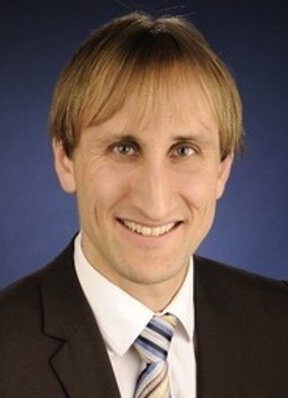
Prof. Dr. Michael Sterner (Co-Chair)
Regensburg University of Applied Sciences, Germany
Prof. Dr.-Ing. Michael Sterner works as professor for energy storage and renewable energy systems at the Technical University of Applied Sciences in Regensburg, Bavaria in Germany. He is teaching renewable energy, energy economics, solar energy, renewable energy integration and energy storage at the Faculty of Electrical Engineering and the Technical University of Erlangen-Nuremberg. Before he was head of energy systems and energy economy at the Fraunhofer-Institute for Wind Energy and Energy System Technology, were he invented a new storage technology together with colleagues: Power-to-Gas – and implemented it in energy modeling since 2009. Meanwhile, various industry companies like E-ON and Audi have adopted the concept and built demo plants in MW scale. He works for the German Electrotechnical Society (VDE), is a co-autor for the Special Report on Renewable Energy (SRREN) in IPCC and consulting the German government on the “Energiewende” – the transformation of energy systems.
Michael Sterner is the new Co-Chair of the Scientific Committee.
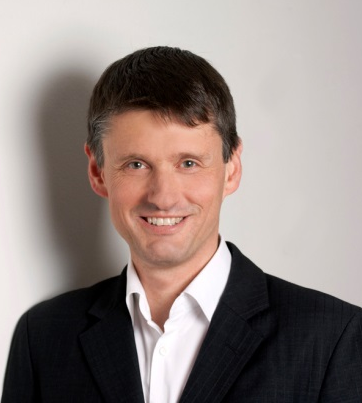
Prof. Dr. Ingo Stadler
Cologne University of Applied Sciences, Cologne, Germany
Professor Ingo Stadler is a researcher and teacher at the Fachhochschule Köln (Cologne University of Applied Sciences). He is managing director of the Institute of Electrical Power Engineering, Faculty of Information, Media and Electrical Engineering, as well as of CIRE, the Cologne Institute for Renewable Energy, where he is responsible for renewable energy and energy economics. Ingo Stadler studied electrical engineering at the University of Karlsruhe. He earned a Ph.D. and was promoted to be a professor at the University of Kassel and ran a business in building systems. He accepted a professorship at the Westsächsische Hochschule Zwickau (University of Applied Sciences Zwickau). Since 2006 he has been teaching in Cologne. The focus of his research is the integration of renewable energy and energy systems with a high proportion of renewable energy into the electric grid. His main focus is non electrical storage beyond electrical energy supply systems and demand side management. Prof. Stadler is a member of the Scientific Committee of the International Renewable Storage Conference (IRES) and of the International Centre for Sustainable Development of Energy, Water and Environment Systems (SDEWES). For over a decade he has worked on the program for photovoltaic power systems of the International Energy Agency (IEA). With his co-author Michael Sterner he wrote „Energiespeicher – Bedarf, Technologien, Integration“, an education book to be published by Springerverlag.
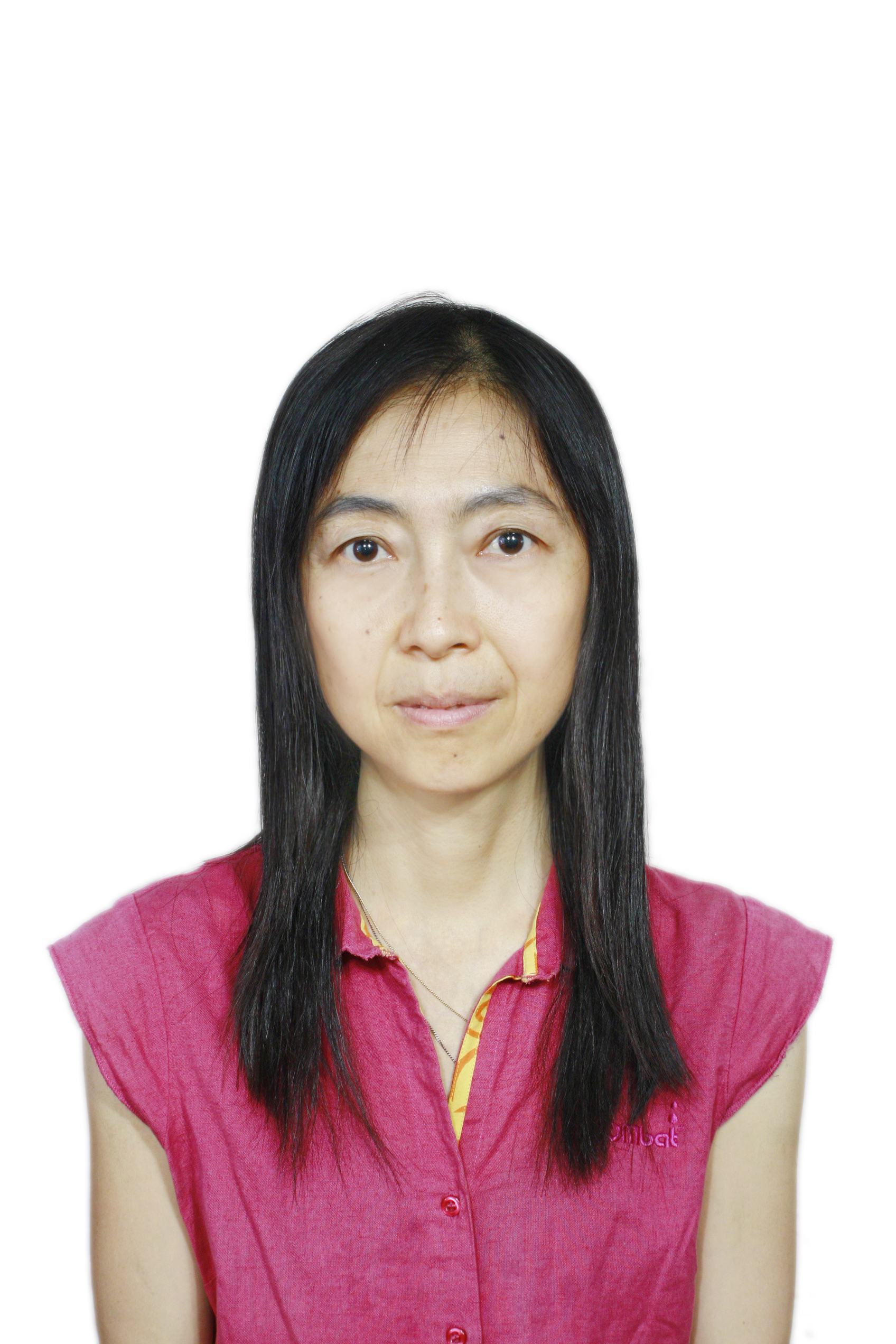
Prof. Xiaoshu Lü
University of Vaasa, Finland
Prof. Xiaoshu Lü leads the Energy Systems Modeling group at the University of Vaasa, Finland. She holds an Adjunct Professorship in Artificial Intelligence (AI) and Big Data Applications to Buildings at Aalto University, Finland, and acts as Visiting Researcher at Middlesex University, UK. In 2006, she received the international Napier Shaw Bronze Medal awarded by the British Engineering Society CIBSE in the UK. Her expertise is in modeling and control energy systems to achieve energy efficient and zero carbon performance. She has a wealth of research in renewable (e.g. solar and geothermal) and unconventional (e.g. oil shale pyrolysis and gas hydrate) energy resources and integration of renewable energy into the grid systems. She is active in researching how energy storage can bridge the intermittency of renewable sources to decarbonising built environment at building, district, and urban scales.
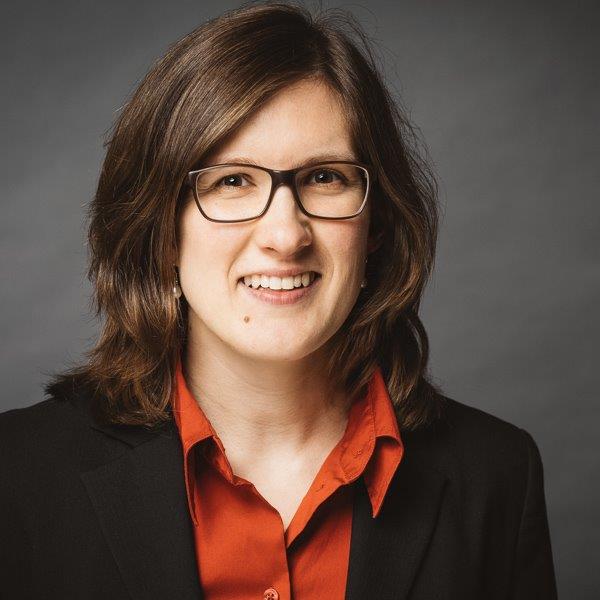
Dr.-Ing. Hannah Neumann
Cologne University of Applied Sciences, Cologne, Germany
Hannah Neumann has been working as scientific associate at the Technische Hochschule Köln at the Cologne Institute for Renewable Energy (CIRE) since 2020 focusing on wind energy and leading projects on Open Educational Resources and digital exams.
She studied mechanical engineering with a focus on regenerative energy and material technology at the Cologne University of Applied Sciences. Afterwards she was technical worker at the Fraunhofer Institute for Solar Energy Systems in Freiburg and gained expertise in modelling, simulation and measurement of latent heat storage. Additionally she took over the partial project management of a European project about the development of new materials for latent heat storage. During her following time as scientific associate at the Fraunhofer Institute for Solar Energy Systems in Freiburg she wrote her PhD about “Development of a latent heat storage for process heat applications” in 2020 at the University of Freiburg.
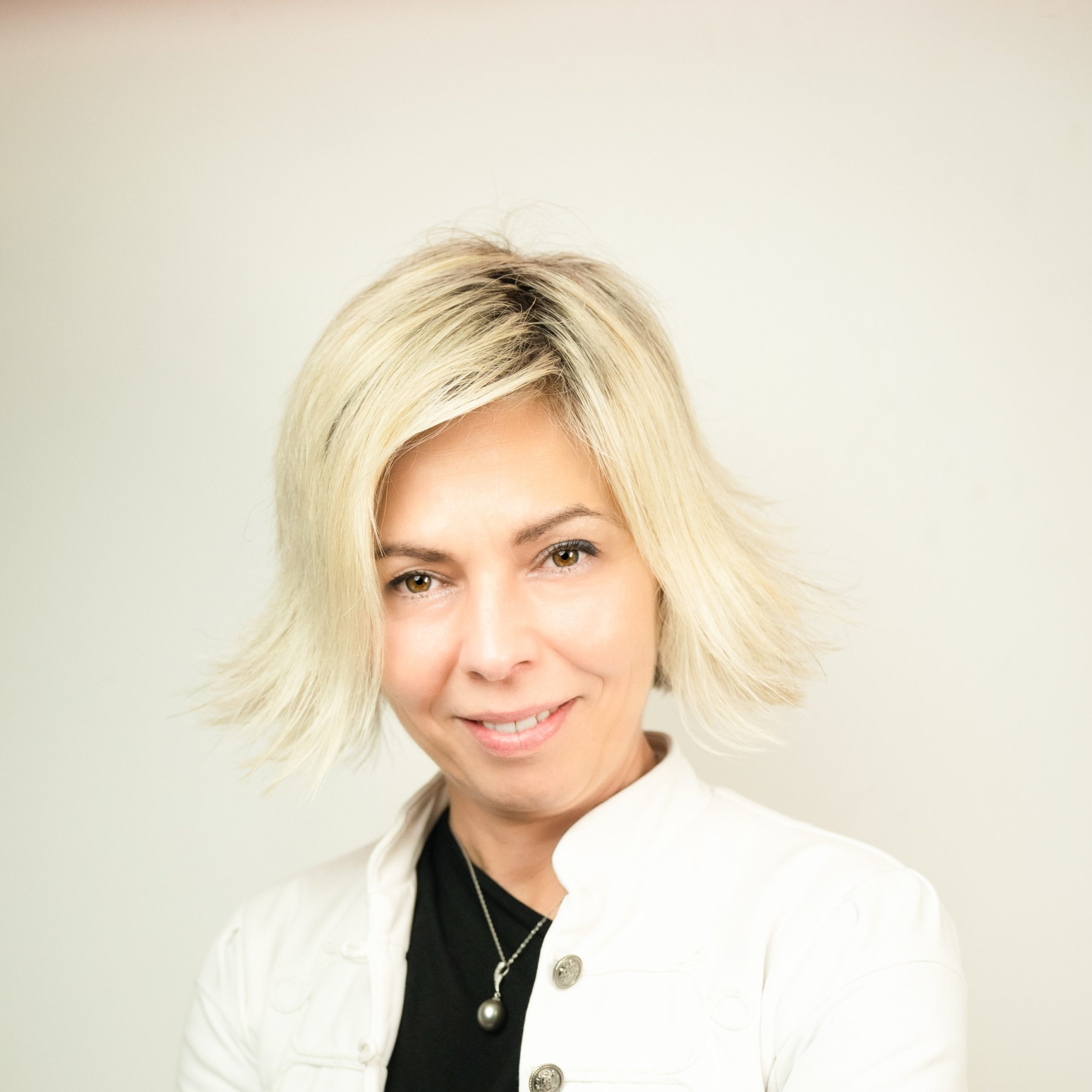
Prof. Dr. Aleksandra Saša Bukvić-Schäfer (Co-Chair)
University of Applied Sciences Hamm-Lippstadt, Germany
Prof. Dr. Bukvić-Schäfer studied electrical Engineering at the University of Sarajevo and the University of Kassel, from the latter of which she received her PhD degree. In 2000 she started her scientific career at the Department of Efficient Energy Conversion at University Kassel before joining the Institute for Solar Energy Technology e.V. in 2007 as Head of the Energy Storage Technology Group. In 2010 she joined SMA Solar Technology AG as Senior Expert Engineer Battery Storage working on the development of the battery system technology and became in 2019 Head of Business Development & Partner Management. Since 2021 she is Professor at University of Applied Sciences Hamm-Lippstadt.
Bukvić-Schäfer is the new Co-Chair of the Scientific Committee.
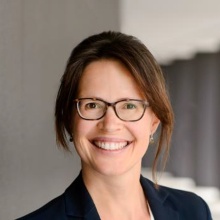
Prof. Dr.-Ing. Annelies Vandersickel
University Stuttgart, Germany
Prof. Dr.-Ing. Vandersickel is the Head of Department for Thermal Process Technology at the German Aerospace Center (DLR) and new member of the Scientific Committee.
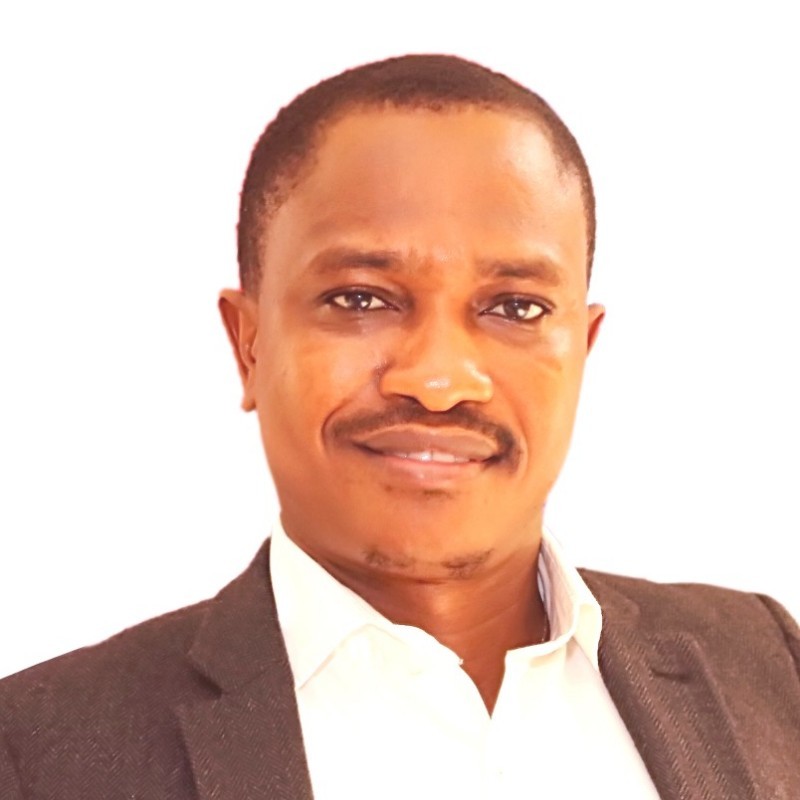
Dr. Ogheneruona Diemuodeke
University of Port Harcourt, Choba, Nigeria
Ogheneruona Diemuodeke is Associate Professor of Energy and Thermofluids at the University of Port Harcourt in Nigeria and new member of the Scientific Committee. Dr. Ogheneruona E. Diemuodeke had his BEng and MEng, with distinction, from the University of Port Harcourt, Nigeria; had his PhD degree (energy and power) from Cranfield University, UK. He currently lectures energy and applied thermodynamics at the Department of Mechanical Engineering. He is a Fellow of the Massachusetts Institute of Technology (MIT), USA. His research interests concern clean energy technology and environmental sustainability; clean cooking and cooling; energy access, waste-to-energy; low-grade energy conversion technologies; and green economy.
